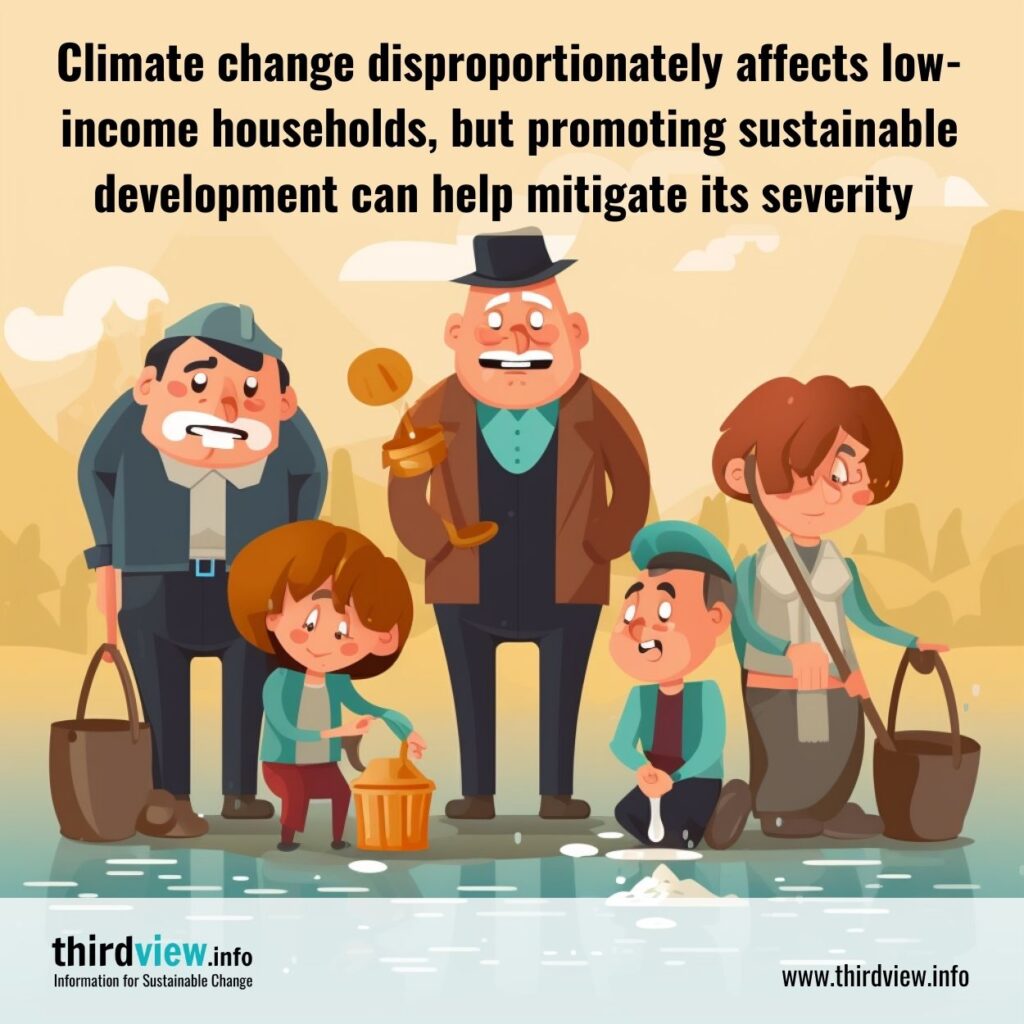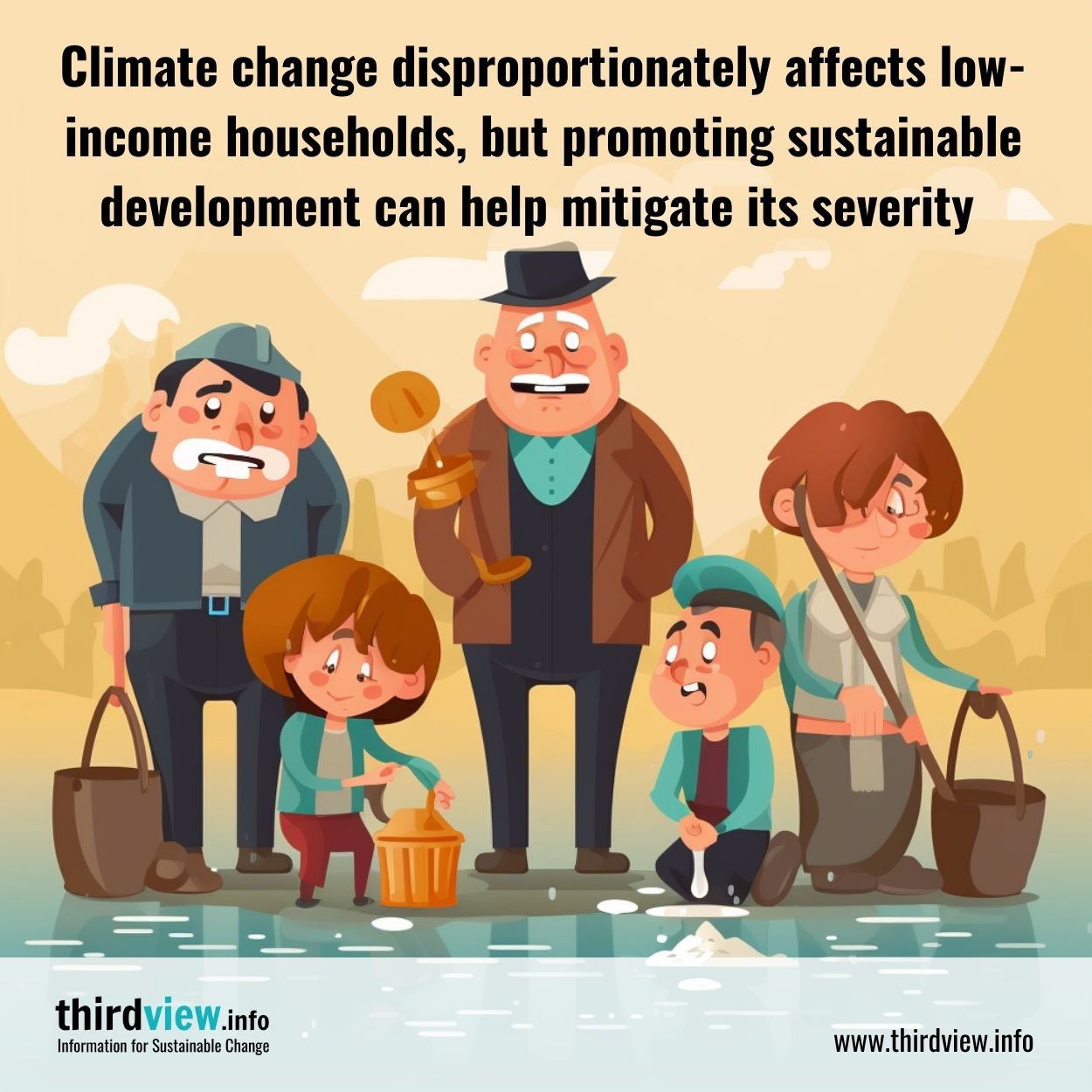The intersection between sustainability and social justice is a beacon of hope for a world that works for everyone. It is about recognizing and addressing the inequities that exist in our society that contribute to environmental degradation, social inequality, and economic instability. Sustainability is not just about conserving resources or reducing emissions; it is about creating a world where everyone has equal access to valuable resources and opportunities to participate in shaping their future. In this blog, we’ll dive deeper into why this intersection is crucial for our survival and explore some examples of how we can build a more equitable and sustainable future.
Environmental Racism
Environmental racism, also known as environmental injustice, is a type of systematic racism that puts marginalized communities at greater risk of environmental harm. These communities, such as Indigenous peoples, people of colour, and low-income households, are often subjected to pollution and hazardous waste. This is because industries and factories are often located in or near their neighbourhoods. Environmental racism is a clear example of how sustainability and social justice intersect. It is vital to promote sustainable development practices to ensure that these communities have access to clean water, air, and soil.
Climate Change and Inequality
Climate change is a global crisis that affects everyone, but it does not affect everyone equally. Low-income households, especially those in developing countries, often suffer the most from climate change. This is because they lack the resources and financial means to adapt to the changing climate. The intersection of sustainability and social justice aims to tackle the unequal distribution of climate change impacts. For example, sustainable development can help reduce greenhouse gas emissions, which will mitigate the severity of climate change. Moreover, promoting sustainable development can create green jobs, which can uplift disadvantaged communities.
Community-led Sustainability
Community-led sustainability is an approach to sustainability that involves local communities in decision-making processes. This approach recognizes that every community has unique needs and challenges. Therefore, community-led sustainability seeks to empower communities to develop their own solutions to environmental and social issues, through its emphasis on local knowledge and practices.
Intersectional Solutions
Lastly, it is vital to recognize that sustainability and social justice are not separate entities. They are interconnected, and addressing one issue will inevitably impact the other. Therefore, it is essential to use an intersectional approach when tackling sustainability and social justice. An intersectional approach acknowledges that every individual is part of multiple systems of oppression. These systems can include race, gender, sexuality, class, and ability. Therefore, solutions to sustainability and social justice must address all forms of oppression if they are to be effective.
The intersection of sustainability and social justice is fundamental if we want to create a better future for ourselves and future generations. Environmental racism, climate change, community-led sustainability, and intersectionality are just a few examples of how sustainability and social justice intersect. It is time for us to take responsibility for the world we live in and advocate for a sustainable future that takes social justice into account. Together, we can create a world where sustainability and social justice are not just goals but realities.


